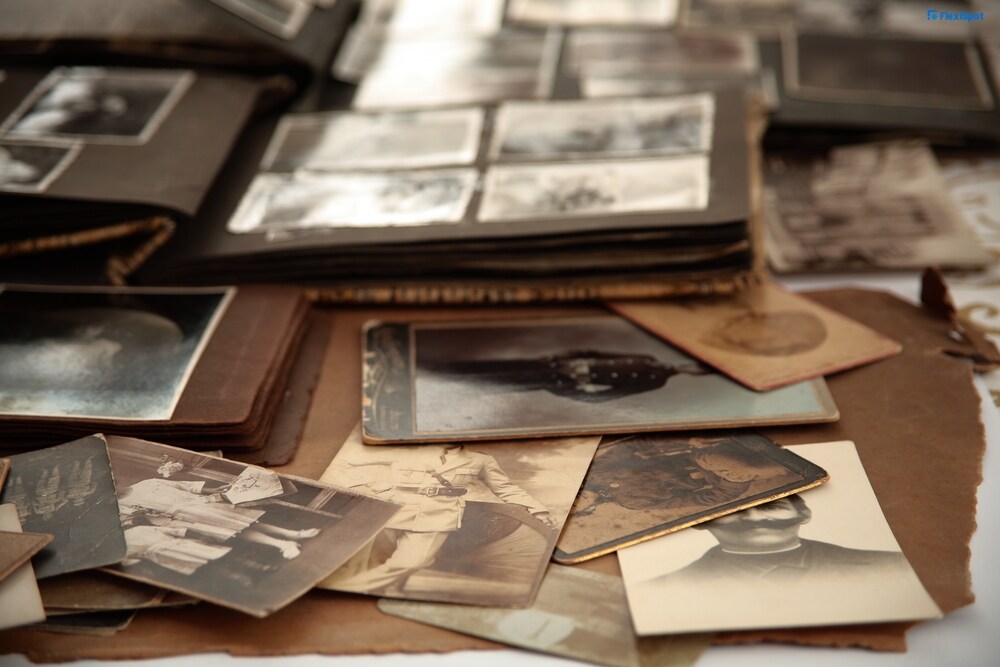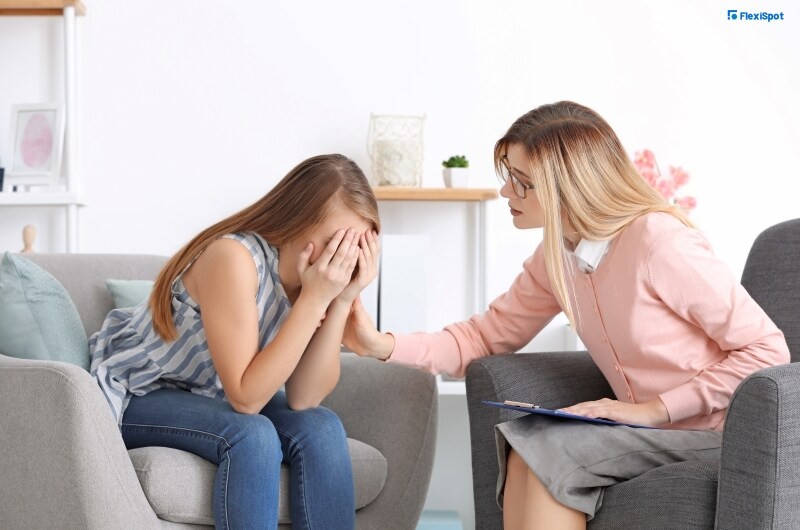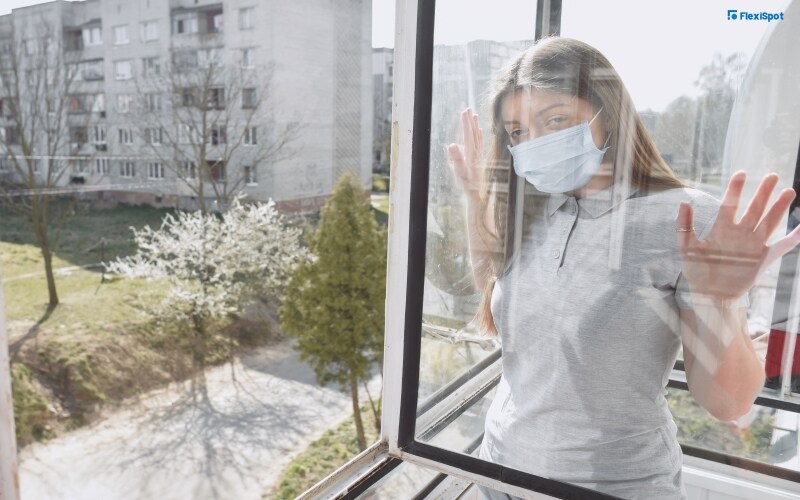The anniversary of my grandfather's demise is today.
To refer to it as an "anniversary" is perilous considering that we only see today as a painful reminder of the actual moment my grandfather left his body and us.
On exactly the same day of just last year, we were summoned to her room at 6:30 pm. My aunts and uncles, my mom's siblings, were gathered around her lifeless body when I opened the door. They were frantically searching for a pulse as their eyes were wild and their mouths contorted with dread. My grandfather was flailing his arms up in the air—which were surprisingly strong given how feeble he was the past few weeks and days—were being stopped by me as I leaped into the bed the fastest way I can. Her tongue came out, loose and dark. His eyes were half-closed as if she were being called by a force we cannot see. We eventually gave up. We knew that before us was just a dead body that my grandfather has already left it a long time coming.

My grandfather had a 93-year lifespan. He endured 16 American presidents while living through World War II, the Cold War, and the Vietnam War. He was sent to the Vietnamese to fight under the American flag. He has seen death after another during that time, and up to this day, he still gets traumatized by the sound of guns. He luckily survived and came home to the family without a broken arm. The trauma was so bad, he decided to leave America and live in Canada as a permanent resident with the whole family. Even though the trauma lived in him until the day he died, I still looked up to him as someone unbeatable and capable of enduring anything. We never imagined as a family that we would lose him during a global pandemic. We lost him during the time that hospitals couldn't accept any more patients because they were overflowing with isolated patients and others were confined to their homes due to a vicious virus that couldn't be controlled yet. Although he did not succumb to any COVID-19 symptoms or complications, the pandemic's collateral effect included his death and numerous other unrelated COVID deaths during the last year. If hospitals at that time weren't full, I still believe that he would still be here playing and chatting with us.
And the death was already painful but even more so the fact that we were unable to even give him a decent funeral. Our tiny, private funeral service, which we managed to arrange, was observed by the family from different states via Zoom. I am still in disbelief at that time, knowing that he was with us the day before, and the next, he was already in an urn on display in my aunt's living room. It all occurred so quickly. Even the few people who were physically present at the burial couldn't comfort one another through touch, afraid to give each other hugs or kisses for fear that COVID may claim another member of the family.
I can't help but still play memories in my head before I sleep, despite the fact that more than two years have passed and immunizations have gone successfully in California. The days my grandpa refused to eat and we discovered that just 15% of his kidneys were functioning, as well as the day he passed away in our arms, keep playing back in my head without a warning, without a switch to make them stop coming. What possibly could we have my grandpa's life? What if COVID didn't exist? Would he still be around and healthy now?

Psychologists have observed that those who permanently said goodbye to a loved one during the COVID-19 crisis frequently experience protracted mourning as a result of this process of rumination. There were about five million humans---husbands, mothers, grandparents, friends, lovers, and children---who suffered in Canada as a result of COVID-19; this figure affects a sizable portion of the population, with the average family size being 4 to 6. A nation that is grieving deeply and attempting to restore some semblance of normalcy to its lives may be seen. Experts in mental health have observed what might have contributed to protracted grief:
Isolated fatalities Before their loved ones passed away, families were unable to say farewell to them. Even just the idea of their loved one passing away by themselves is already devastating.
No large crowds. When a member of the family passed away, families were unable to have traditional funerals.
There may be no physical interaction. Attendees at the funeral could not give or receive comforting kisses or hugs.
Process of Ruminating. Many people got caught ruminating, considering alternative scenarios in which their loved one might have lived or might not have initially contracted the infection.
Continual uncertainty After losing a loved one, there is still a gloomy cloud hanging over us since we don't know who will die next or when the next pandemic will be.

Risks
Programs for mental health were inaccessible.
In low-income neighborhoods that COVID has badly impacted in the US for instance, there are only about 30 psychologists and less than 16 psychiatrists per 100,000 individuals, as per Scientific American.
People experience job loss.
People who experience protracted grieving find it difficult to live regularly, which has an impact on their productivity and the way they live their lives.
Anxiety and depression rose to extremely high levels.
People even became suicidal, which could increase the number of suicides.
How to handle persistent grief
Speak with a mental health expert.
A therapist, psychologist, or psychiatrist will be able to advise you on what is the best action you can do.
Lie down and express your emotions.
Let yourself experience them completely. Engage in attentive activities that will assist you in thinking while allowing your feelings to come.
Surround yourself with a strong support system.
An individual can always feel heard, appreciated, and loved with the aid of a support system.
Make room for new interests.
A person becomes more concentrated and self-aware when they try something new.
Do not be reluctant to honor the lives of the deceased.
Looking at images and videos might help bring back pleasant memories. Framed images can be viewed through two monitor screens (monitor mount available at Flexispot), floating shelves, and standing desks (also available at Flexispot). Memorabilia can be arranged in file cabinets, which can also be used to store memories.
